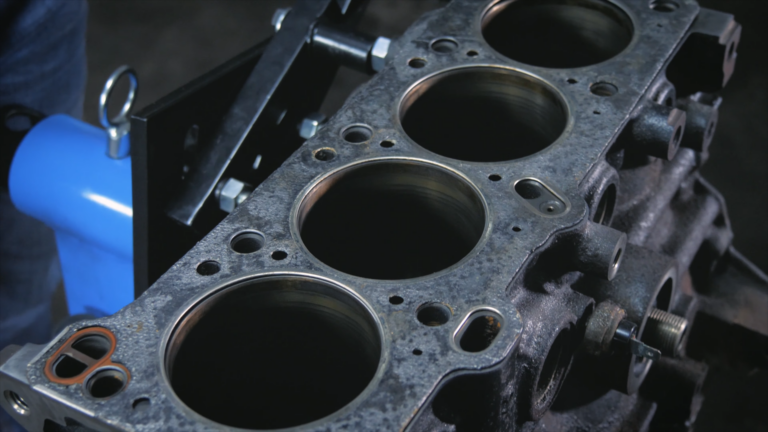The engine block is the linchpin of your vehicle’s engine, often referred to as its ‘heart’. This substantial piece of metal houses the most crucial components of the engine, including cylinders, water and oil passageways, and more.
It’s a marvel of engineering, designed to withstand extreme conditions and serve as the foundation for the engine’s operation. In this article, we’ll explore the engine block in detail, unraveling its importance, components, materials, and maintenance tips.
1. The Core of the Engine Block
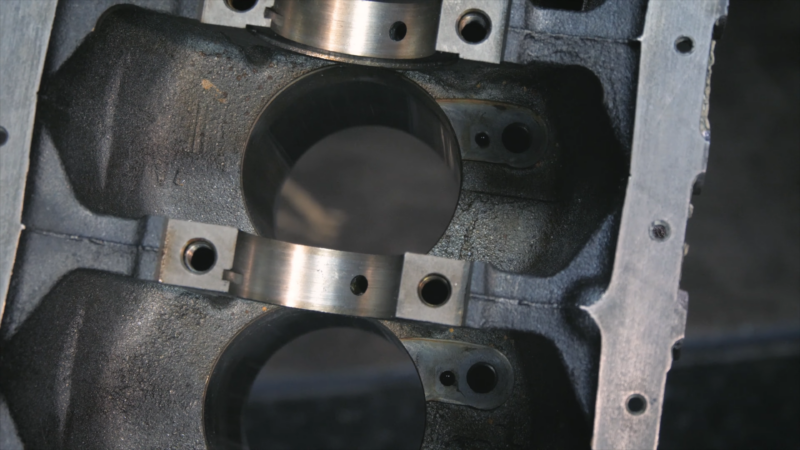
The engine block, often cast from iron or aluminum, is a rugged structure that contains the cylinders and other elements of an internal combustion motor. It’s designed to be robust to endure the stresses and strains of motor operation.
Inside the block, the cylinders are where the magic happens – fuel combustion that powers your vehicle. Understanding its role is critical for anyone interested in automotive mechanics or those who want to take better care of their vehicle. Check out more about engines and car parts over at monsterengineparts.com.
2. Materials Matter
Traditionally, blocks were made from cast iron due to its strength and durability. However, the shift towards lighter vehicles for better fuel efficiency has led to the use of aluminum.
Aluminum blocks are lighter but need additional elements like cylinder liners for durability. The choice of material impacts the engine’s performance, weight, cooling efficiency, and durability.
3. Anatomy of an Engine Block

An engine block comprises several essential components:
- Cylinders: These are the chambers where the fuel-air mix is ignited to create power.
- Coolant Passages: These passages allow coolant to flow, helping regulate the engine’s temperature.
- Oil Passages: They distribute oil to lubricate and cool various engine parts.
- Crankcase: It houses the crankshaft, crucial for converting the pistons’ linear motion into rotational motion to drive the vehicle.
Each part within the engine block works in harmony to ensure smooth operation.
4. Thermal Stress and the Engine Block
Blocks deal with intense heat and pressure. The internal combustion process generates significant heat, which the block must withstand without warping or cracking.
The materials and design of the motor block are critical in managing these thermal stresses. Efficient cooling systems and proper maintenance are vital to preserve the integrity of the engine block.
5. Common Issues and Maintenance
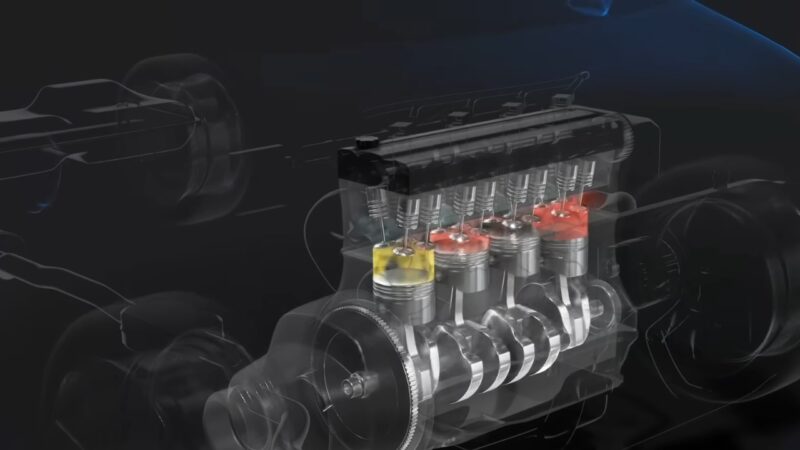
Common issues with blocks include cracks, leaks, and warping, often due to overheating or poor maintenance. Regular checks and maintenance, like monitoring coolant levels, oil changes, and ensuring the cooling system is functioning correctly, can prevent many of these problems. Ignoring these signs can lead to significant motor damage.
6. Enhancing Performance and Longevity
Enhancing the performance and longevity of an engine block is not just about regular maintenance; it involves understanding the interplay between various components. Innovations in motor block design are geared toward reducing wear and tear, improving heat dissipation, and enhancing overall engine efficiency.
For instance, integrating better alloys and designing more effective cooling passages are ongoing developments. Vehicle enthusiasts and professionals alike recognize that a well-maintained engine block is synonymous with a reliable and high-performing vehicle.
7. The Role of Technology in Block Evolution
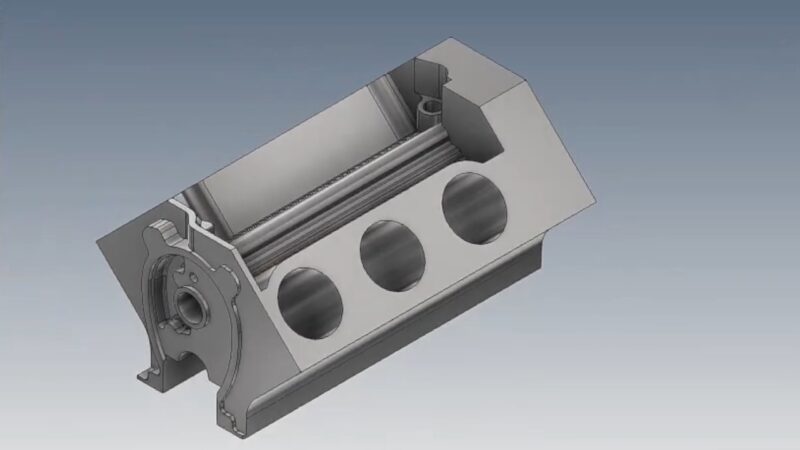
Technology plays a pivotal role in the evolution of engine blocks. With the advent of computer-aided design (CAD) and advanced manufacturing techniques, the precision and efficiency of motor blocks have significantly improved.
These advancements allow for more complex and lighter designs, which directly impact the vehicle’s performance. Moreover, the integration of sensors and advanced materials contributes to smarter monitoring and management of engine conditions, paving the way for enhanced diagnostics and maintenance strategies.
8. Engine Block and Environmental Considerations
As the world becomes increasingly aware of environmental concerns, the engine block is also undergoing transformations to align with eco-friendly practices. This involves reducing emissions and improving fuel efficiency.
The shift towards lighter materials like aluminum is part of this change, contributing to lower fuel consumption and fewer emissions. Additionally, the design of engine blocks is also evolving to accommodate alternative fuels and hybrid technologies, indicating a significant shift in traditional internal combustion engines.
9. Customization and Aftermarket Modifications
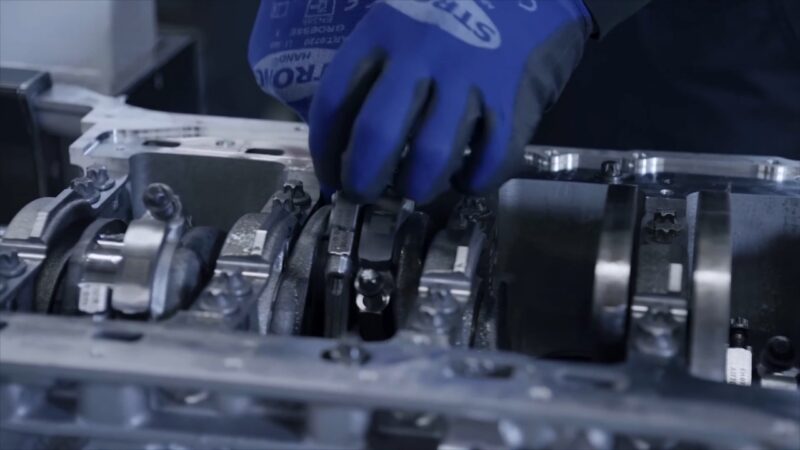
For automotive enthusiasts, customizing the block can be a pursuit of passion and performance. The aftermarket industry offers various options for enhancing engine blocks, from reinforced materials to modifications for increased power output.
These customizations, however, require a deep understanding of motor dynamics and should be approached with caution to avoid compromising the engine’s integrity and safety.
10. The Educational Aspect
For individuals aspiring to careers in automotive engineering or mechanics, the engine block presents a rich subject for study. Educational institutions and technical schools often use motor blocks as primary teaching tools to provide hands-on experience in engine mechanics and maintenance. Understanding the complexities of engine block design and function is crucial for anyone entering the automotive industry.
11. Bridging Past and Future
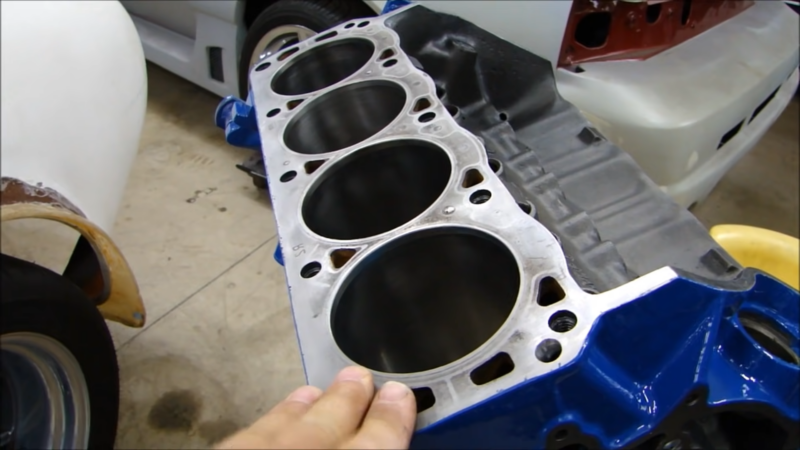
In essence, the engine block stands as a bridge between the rich history of automotive engineering and its dynamic future. It encapsulates decades of innovation, challenges overcome, and a continuous quest for improvement.
As the automotive world strides towards a more sustainable and technologically advanced future, the engine block, in whatever form it takes, will undoubtedly remain a testament to human ingenuity and a crucial component in the evolution of vehicles.
End Note
In summary, the engine block is not just the heart of a vehicle but a symbol of the remarkable advancements in automotive technology. Its evolution reflects the industry’s response to changing demands for performance, efficiency, and environmental sustainability. For car owners, a well-understood and maintained motor block means a dependable and efficient vehicle.
As technology progresses, the block will continue to adapt, showcasing the endless possibilities of automotive engineering. Whether you’re a professional mechanic, an automotive enthusiast, or a daily driver, appreciating the intricacies of the engine block can deepen your understanding and enjoyment of the marvels of modern transportation.

